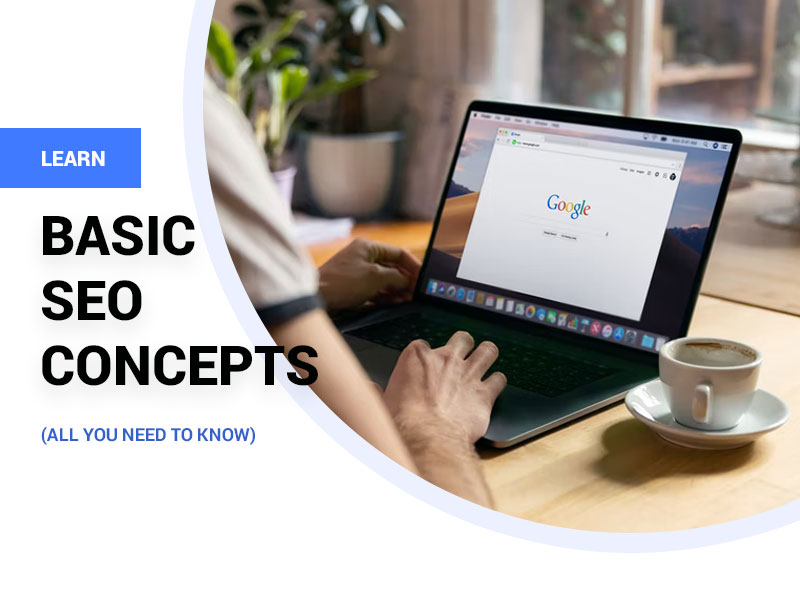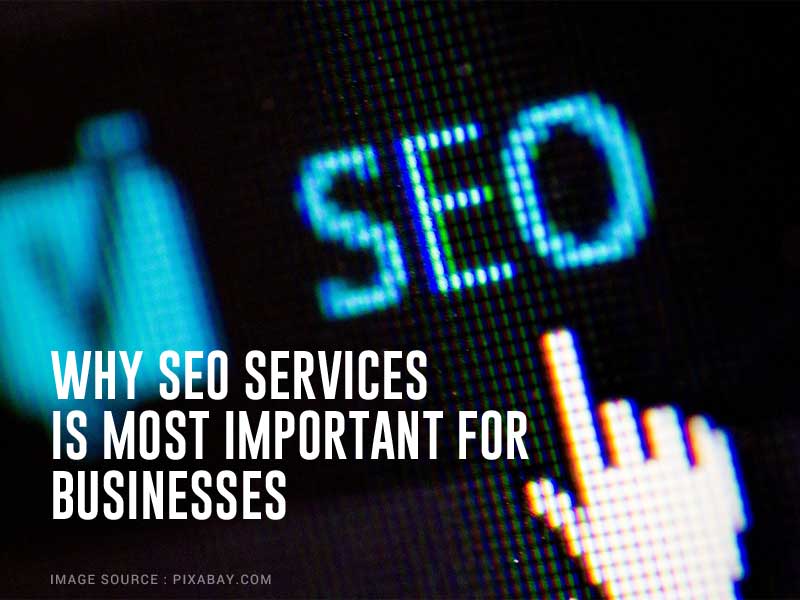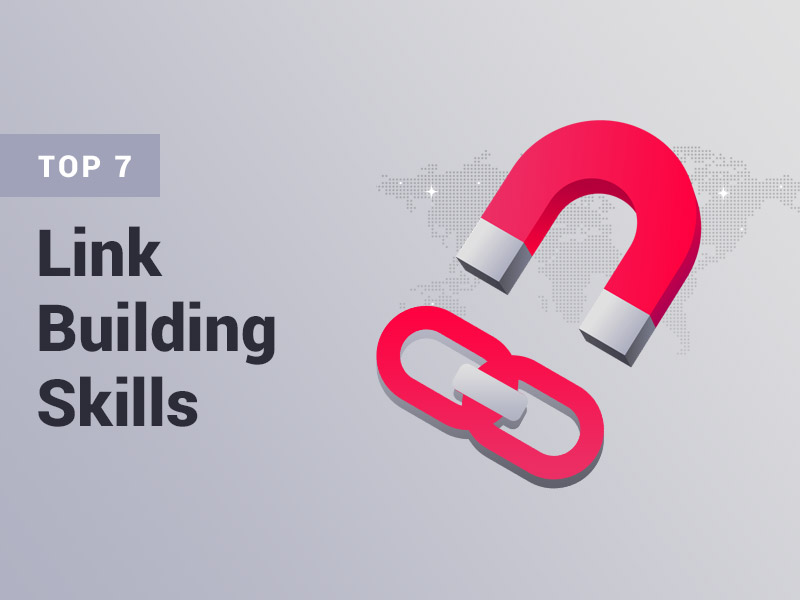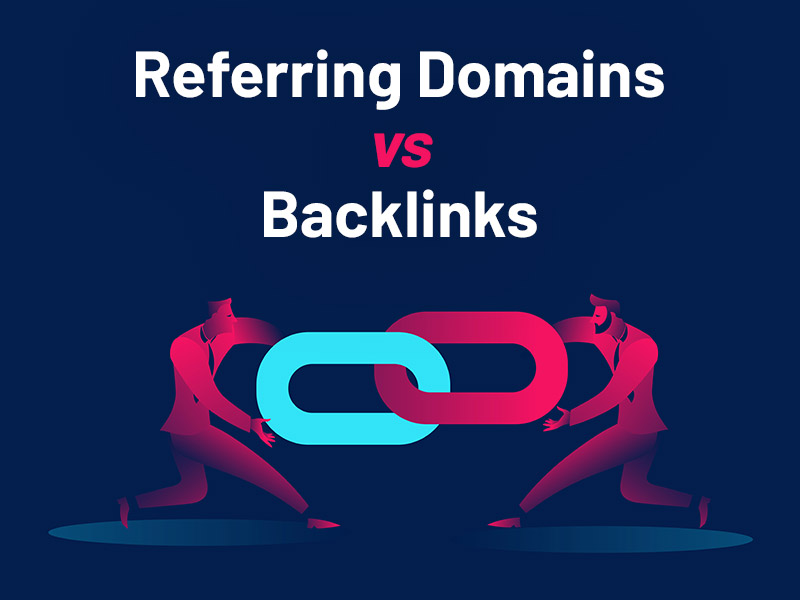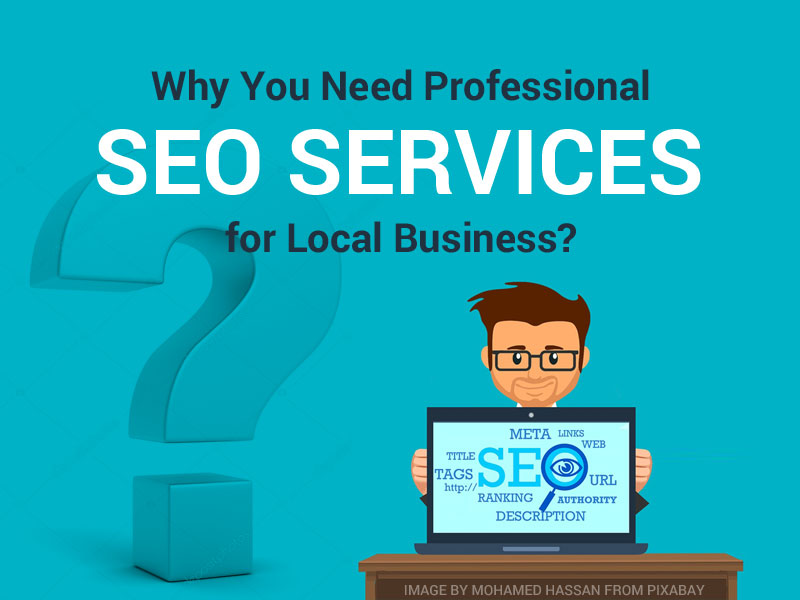If you are planning to start a career in marketing (or even if you don’t), mastering the art of SEO is crucial for every college student in today’s highly digital world. These days, Search Engine Optimization is among the main drivers of online presence and marketing. So, learning as much as you can about it can have many perks, both personal and professional.
Why should you care about SEO and how to grasp the basics? This article is the ultimate guide to understanding SEO. Read on to discover SEO magic and all the key things you need to know about it.
Benefits of Learning SEO as a Student
Modern students are working for wear and tear by default, often having no time or desire to engage in studying something unrelated to their majors. Yet, dedicating a bit of your time to learning the basics of SEO can bring multiple personal and professional benefits. So, it really makes sense to get help with homework on WritePaper to save up some time and start sorting out SEO. And here is why students should care about learning SEO:
- Understand how search engines work. Studying the basic concepts of SEO will help you understand how search engines work from the inside and how they evaluate and rank websites.
- Optimize your content. If you are running a personal blog or website and want to get it noticed, mastering SEO will help you understand how to make your own website, blog, or online store higher in search results with the help of well-optimized content.
- Market yourself. Even if you don’t run a website, SEO can help you market yourself through social networks and other channels in order to get noticed by potential employers, partners, etc.
- Improve your career perspectives. Lastly, it is worth saying that mastering SEO will come in handy in your future career. Even if you are not planning to go into marketing, having this skill will be beneficial for other careers too.
What is SEO?
If you are new to SEO, it can be hard to get started and grasp the basics. Let us take you through this matter step by step to help you understand it.
The concept of SEO first appeared in the 90s and now has turned into an absolute must-do for all website owners.
In a nutshell, the term SEO is used to describe the process and set of methods used to optimize a website and improve its ranking on the result’s page.
The core goal of SEO is to help websites drive lots of organic traffic. By “organic”, we mean non-paid traffic, so don’t confuse it with PPC optimization.
Types of SEO
All SEO undertakings can be typically divided into two main categories (types) of optimization:
- On-page SEO: This category spans over all tactics and activities that website owners do right on their sites. This can include keyword research, page performance improvement, internal linking, content optimization, etc.
- Off-page SEO: This consists of everything you do outside your site. The three core techniques of off-page SEO include guest blogging, broken link building, and email outreach. All in all, the primary goal of this type of SEO is to build lots of high-quality backlinks to your site from other resources to establish your authority.
Key Elements of SEO
Probably the hardest part to learn about SEO is its elements. The thing is that SEO spans a whole range of tools, techniques, and approaches. What is more, it is worth noting that SEO is an ever-changing field, which means that all these tools, techniques, and approaches are constantly updating.
Yet, while there are plenty of different things inherent in SEO, there are only three key elements that are always there. These include:
1. Content
First and foremost, high-quality optimization spins around the content you deliver. To rank higher, websites have to deliver content regularly and, at the same time, ensure that it meets the high standards of search engines, which basically means that it has to be helpful, relevant, engaging, error-free, etc.
Apart from this, there are a number of SEO tricks that can help you make your content even more optimized. For example, the use of relevant keywords is one of the most common strategies. But, the focus should still be on the quality, not quantity.
2. Technical matters
Beginners may not know this, but SEO doesn’t spin only around content and links. Search engines rank websites based on a variety of factors, one of which is performance. Therefore, the technical side of the matter is also among the top 3 SEO components. What does this mean?
Technical SEO focuses on delivering the best possible experience to your users. This can include improving the site’s loading time, fixing technical bugs, improving the design, etc. Companies such as Page Speed Plus can monitor your site’s performance in terms of elements such as speed and search engine ranking. The better the user experience you deliver is, the more high-quality your website will appear to engines and, thus, the higher it can be in search results. Thus, taking care of technical stuff is no less important than delivering great content.
3. Backlinks
Finally, one more key element of SEO is link building. Google and other search engines evaluate the authority of a website based on the number of others that link back to it. Simply put, a large number of links to your resource from other sites basically shows the engines that your content is good enough to appear at the top of results.
The Bottom Line
SEO has long become one of the core tactics of digital marketing. With its help, marketers, entrepreneurs, and individuals can get noticed by their target audiences, generate lots of organic traffic, build a brand, and do so much more. Thus, whether you are planning to specialize in marketing after you graduate, want to run a blog or business, or just want to establish a solid online personality, you need to know SEO.
Hopefully, after reading this guide, you have a better understanding of SEO, its mechanism, and its key features. Use this article to get started with SEO, and rest assured that this knowledge will pay off in the future!
